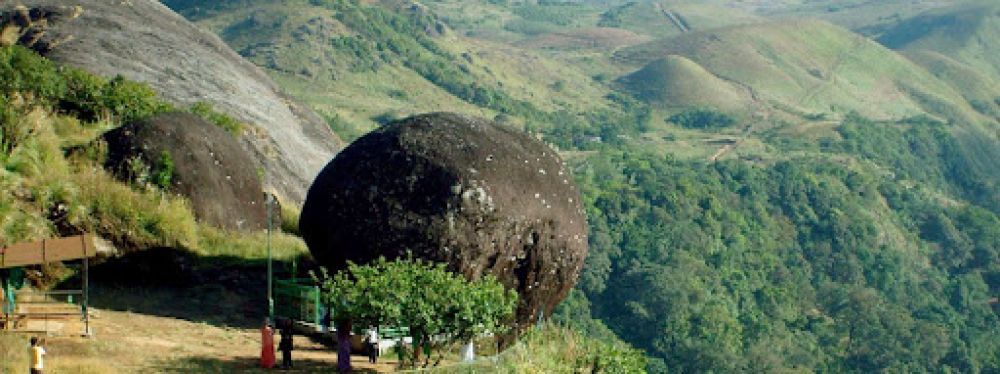

Nestled in the Idukki district of Kerala, India, Thangal Para in Vagamon stands as a breath-taking destination offering a serene retreat into nature. Renowned for its rolling green hills, cool climate, and striking landscapes, Vagamon, as well as Thangal Para, has gradually emerged as a sought-after spot among locals and tourists alike.
The history of tourism in Thangal Para is a relatively recent phenomenon, largely developing over the past few decades. Vagamon itself was a sleepy plantation town until it was discovered by the British, who found the climate conducive to tea plantations during the colonial era. Yet, it wasn't until the late 20th and early 21st centuries that tourism began to take off.
The site, named after Sheikh Fariduddin, a revered Sufi saint, whose tomb is perched atop the hill, traditionally attracted those on spiritual pilgrimages. Over time, both domestic and international travelers seeking tranquility and natural beauty began to flock to Thangal Para. It was the perfect antidote to the hustle and bustle of city life.
The evolution of Thangal Para into a tourist haven was fueled by concerted efforts to promote Kerala as 'God's Own Country'. Preservation of the natural environment, along with investments in infrastructure such as better roads, hotels, and the development of adventure activities like trekking and paragliding, contributed to the rise in tourism.
As eco-tourism began to gain popularity, Thangal Para became particularly appealing because of its lush landscape and biodiversity. Efforts to develop responsible tourism also helped maintain the delicate balance between visitor needs and environmental conservation.
One of the latest trends in Thangal Para tourism is the focus on sustainable practices. A rising number of eco-friendly resorts and home-stays have started to offer authentic experiences that minimize carbon footprints and encourage local culture and cuisine.
Adventure tourism is another growing trend. With its rugged terrain, the area is ideal for rock climbing, trekking, and off-road experiences. The annual Kerala paragliding festival has also put Vagamon on the map for aerial adventure enthusiasts.
Lastly, wellness tourism is picking up pace, merging the tranquil environment of Thangal Para with Kerala’s age-old tradition of Ayurveda. Tourists are increasingly drawn to wellness retreats that offer rejuvenating treatments set against the backdrop of Vagamon’s pristine valleys and meadows.
Thangal Para, with its undulating terrain and rich cultural backdrop, continues to offer a unique blend of spirituality, adventure, and relaxation. As Kerala continues to grow as a global tourism hotspot, Thangal Para will undoubtedly keep up its trajectory, drawing visitors from all corners with its enchanting beauty and serene atmosphere.